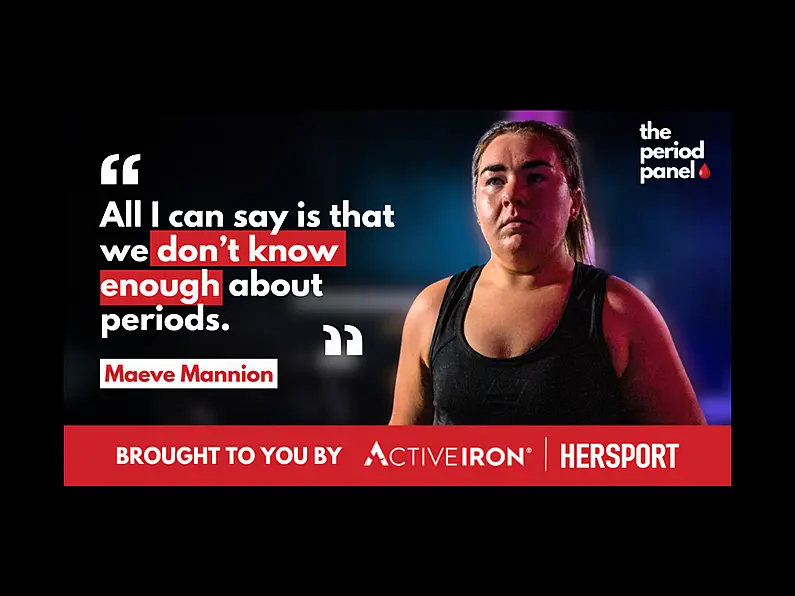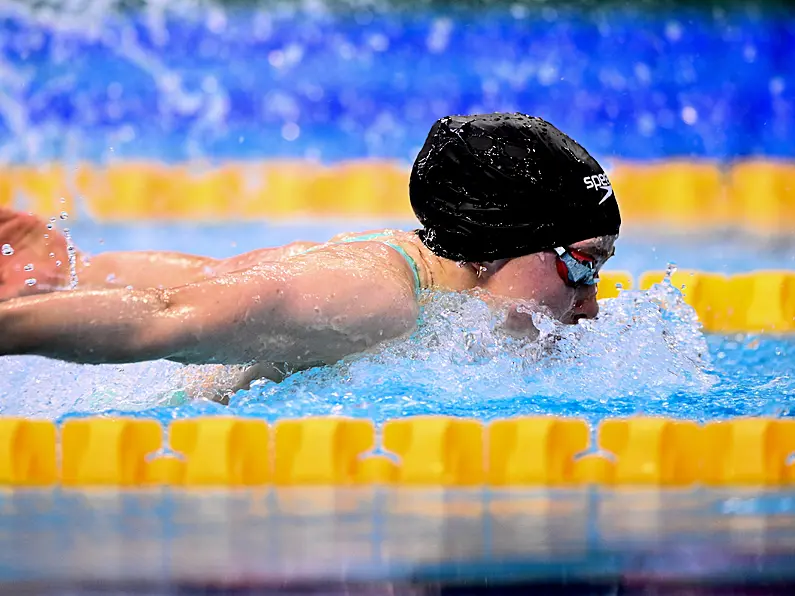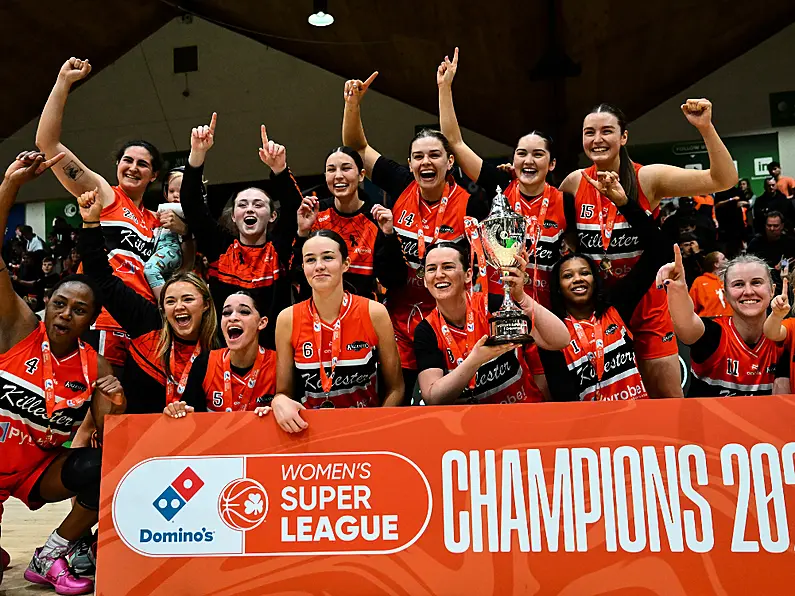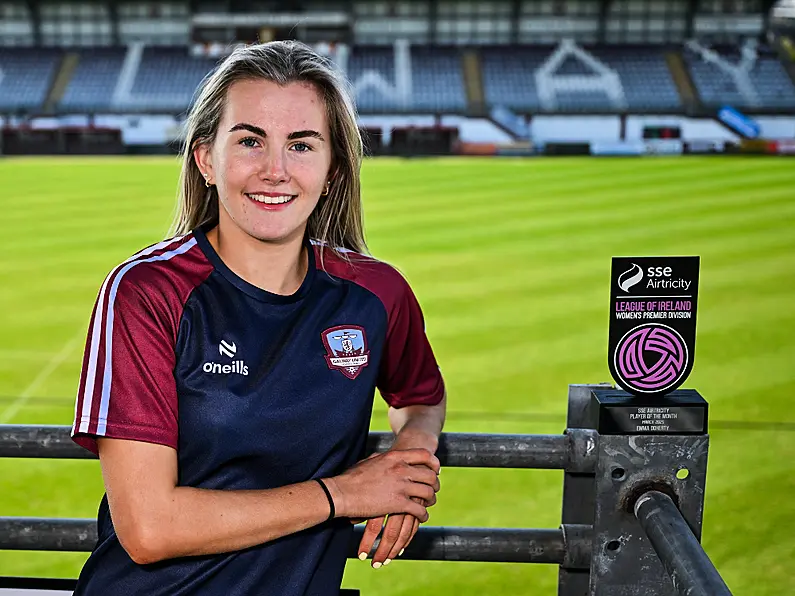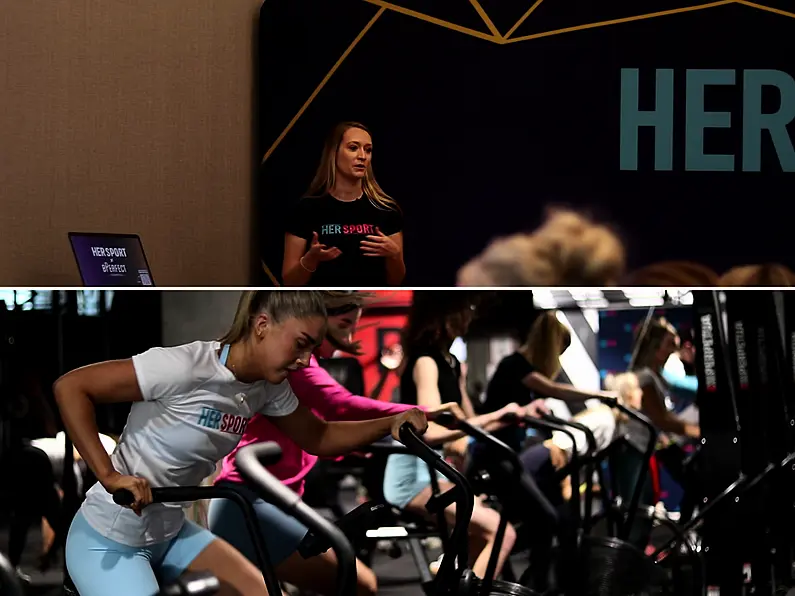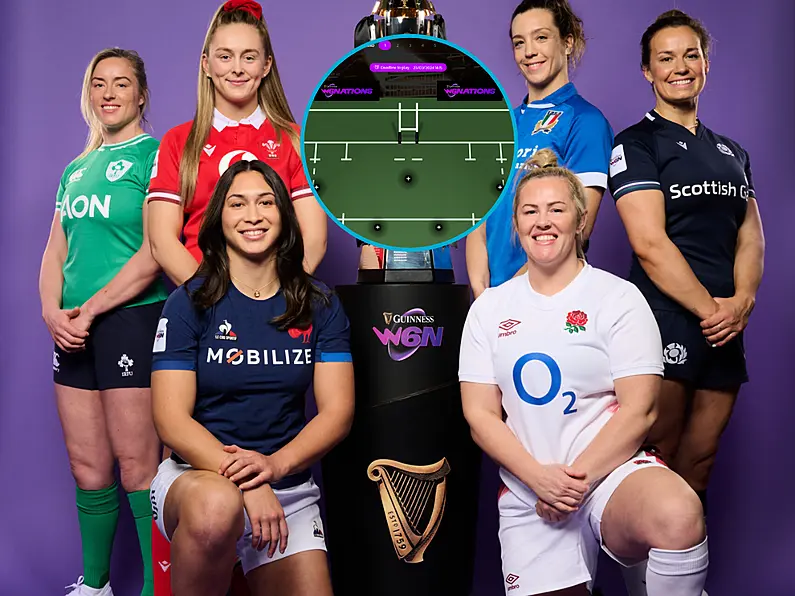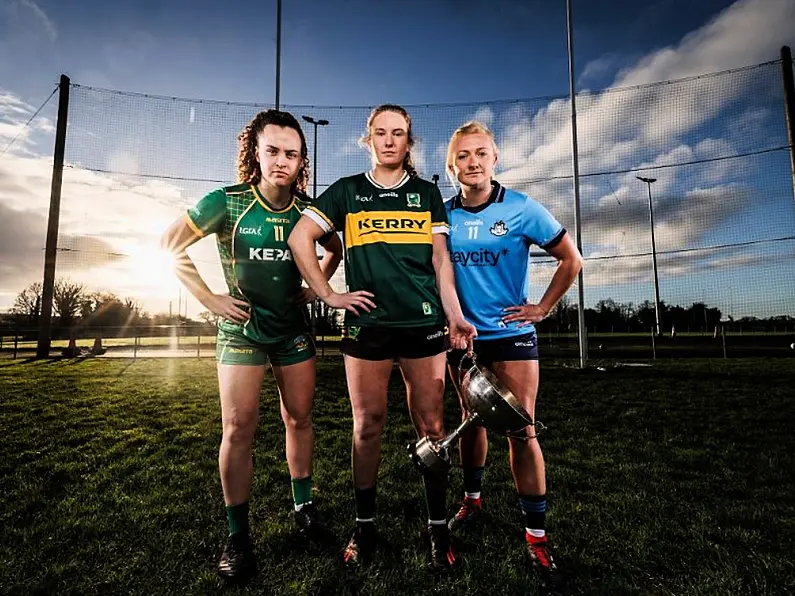The Period Panel is proudly supported by Active Iron. Use the code hersport30 to get 30% off. Shop now at www.activeiron.com
Delving into the world of sports and menstrual cycles, Maeve Mannion, a competitive powerlifter, has embarked on a groundbreaking journey. Growing up immersed in basketball and rugby, she noticed a glaring gap in resources available to female athletes like herself. Determined to bridge this divide, Maeve pursued undergraduate studies in strength and conditioning, laying the foundation for her pioneering PhD research which she shared with us on the latest episode of the Period Panel.
According to Mannion, a 2014 study revealed a stark reality: only a fraction, between 4-13%, of research focused solely on female athletes: "We have come a long way even since 2014, in the sense that there's a lot more research on female athletes now - we're considering the menstrual cycle, pregnancy and hormonal contraceptives, but we're at a stage where the quality of the research needs to be more robust so that we can actually apply it," Mannion said.
@healthcore_SETU postgrad Maeve Mannion presenting at the women in sport master class in the SETU Arena Waterford.
Maeve presented a narrative review on the effects of the menstrual cycle in female athletes competing and participating in weight categorised sports pic.twitter.com/edVWD6DrGY— SETUCarlowScienceandhealth (@SETU_CWScience) October 28, 2023
Weight-categorized sports, like powerlifitng, pose a unique challenge. Maeve sheds light on the added pressure of meeting specific weight requirements on competition days, especially when intertwined with the complexities of the menstrual cycle.
"When you tie that in with the menstrual cycle, and different physiological variables that occur over the course of the menstrual cycle, that's a big gap in itself... if you're not a weight class athlete, you don't think about this," explained Mannion.
Through her research, Mannion has focused on a variety of weight class sports - powerlifting, judo, rowing, taekwondo, karate, boxing, and wrestling. Yet, despite her efforts, gaps persist, compounded by academic jargon and misinterpretation within existing studies.
Her hope? That her work will serve as a springboard for future endeavors, given that she only has four years to complete her research and studies: "We'll never be able to give blanket recommendations because its such a highly individualised process but I do think like we owe our female athletes a little bit more than what we're giving them."
Maeve stressed the importance of females tracking their menstrual cycle, highlighting that it is just as important as sleep and training protocols. "Athletes and coaches must foster open communication about menstrual cycles," she insists, noting its impact on performance evaluation and overall well-being.
"If you're not tracking your cycle as an athlete, you're kind of doing yourself a disservice...we forget that the period cycle is a marker of health too," Maeve explained.
We sat down with PhD student and powerlifter Maeve Mannion to chat about why it's SO IMPORTANT for females to track their period cycle📷
📷https://t.co/c7aXkjPQLn pic.twitter.com/hd9rAGnlcZ— Her Sport (@HerSportDotIE) December 12, 2023
She also candidly touched on her diagnosis of PMDD - Premenstrual Dysphoric Disorder, which she simply defined as a "more sever form of PMS". People with PMDD experience PMS symptoms (bloating, headaches and breast tenderness) in the weeks before their period but PMDD also causes severe anxiety, depression and mood changes. PMDD is also a under studied diagnosis, one which Maeve also hopes to shed more light on.
In her role as a PhD student and athlete, Maeve brings her expertise to the forefront, advocating for period tracking's importance. Her ongoing research promises to unravel new insights, offering a beacon of hope for female athletes navigating the intersection of sports and menstruation.
Watch the full insightful episode on the Her Sport Youtube channel:
